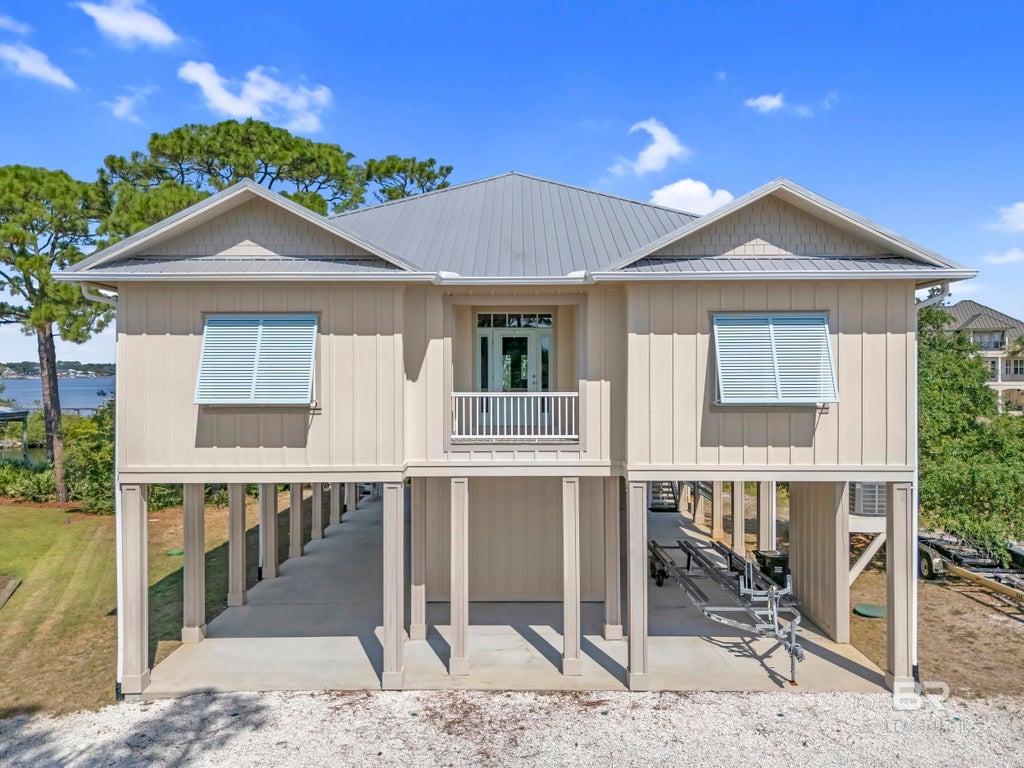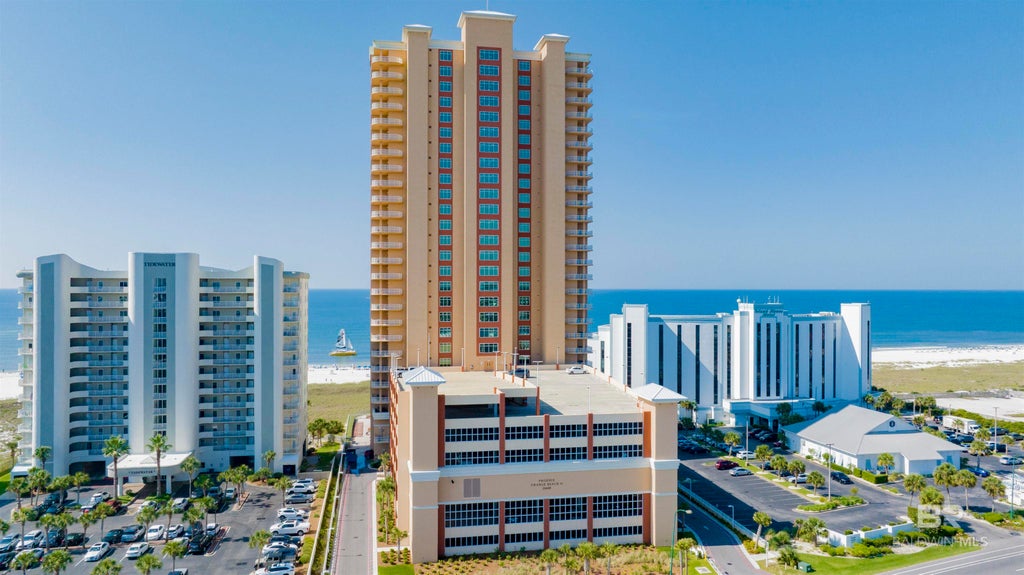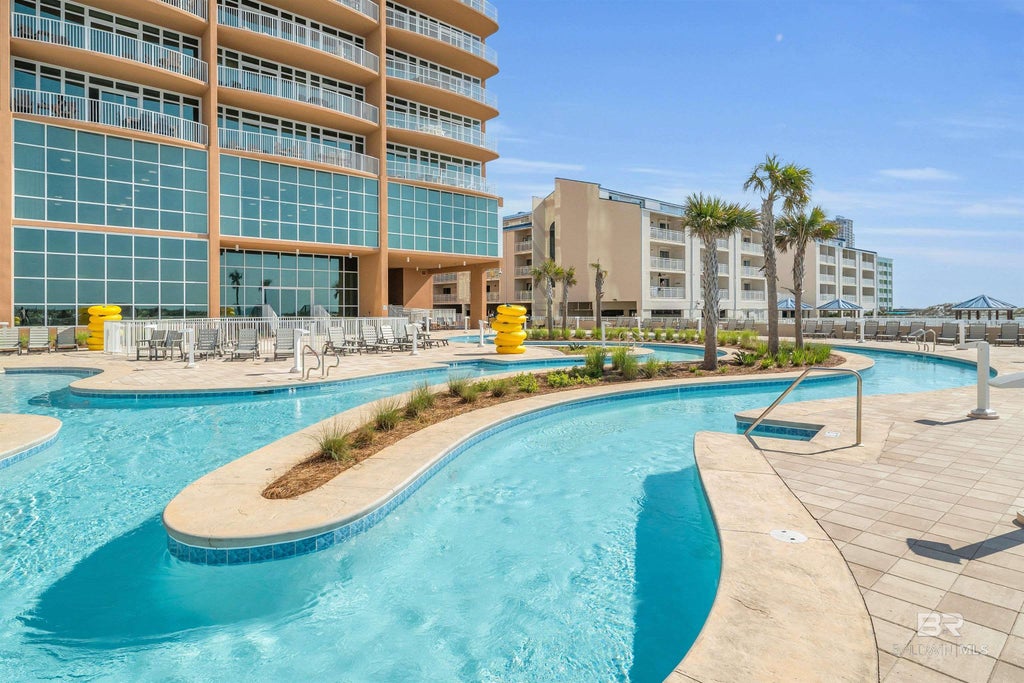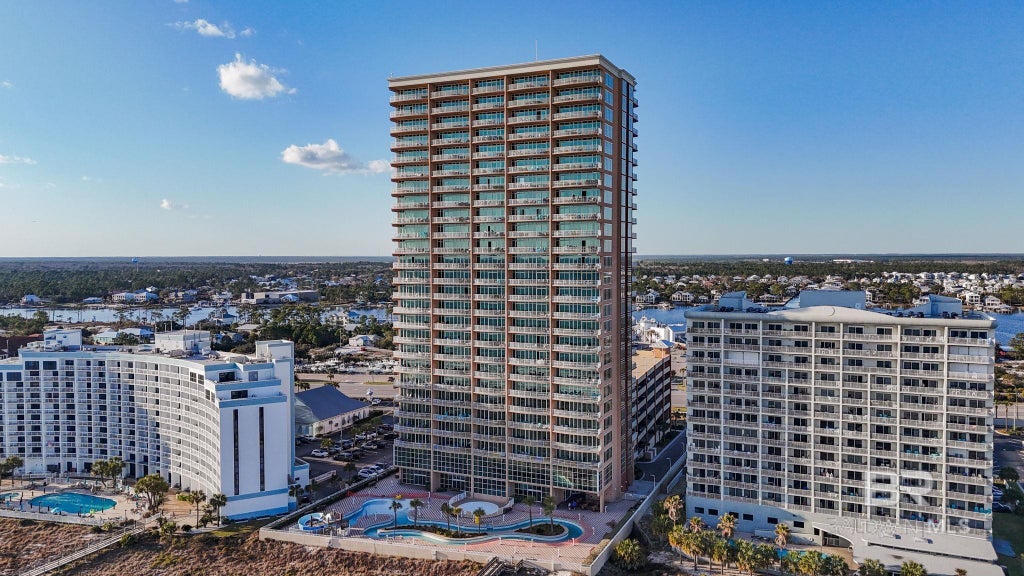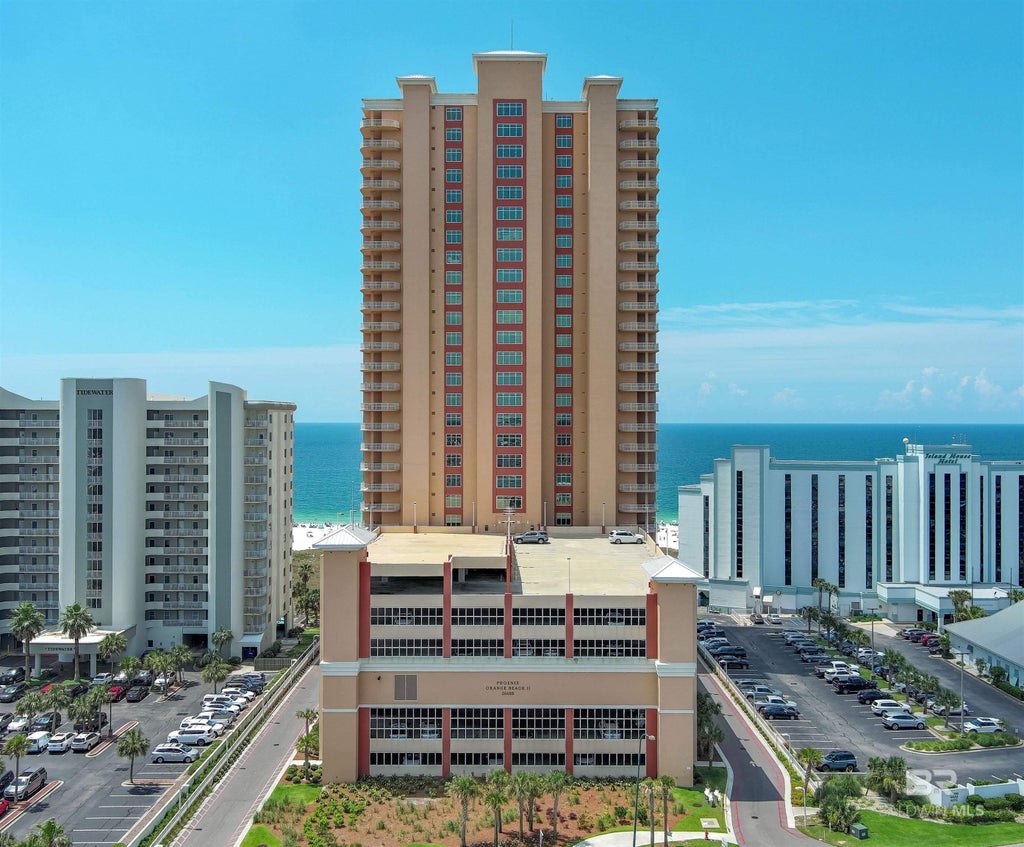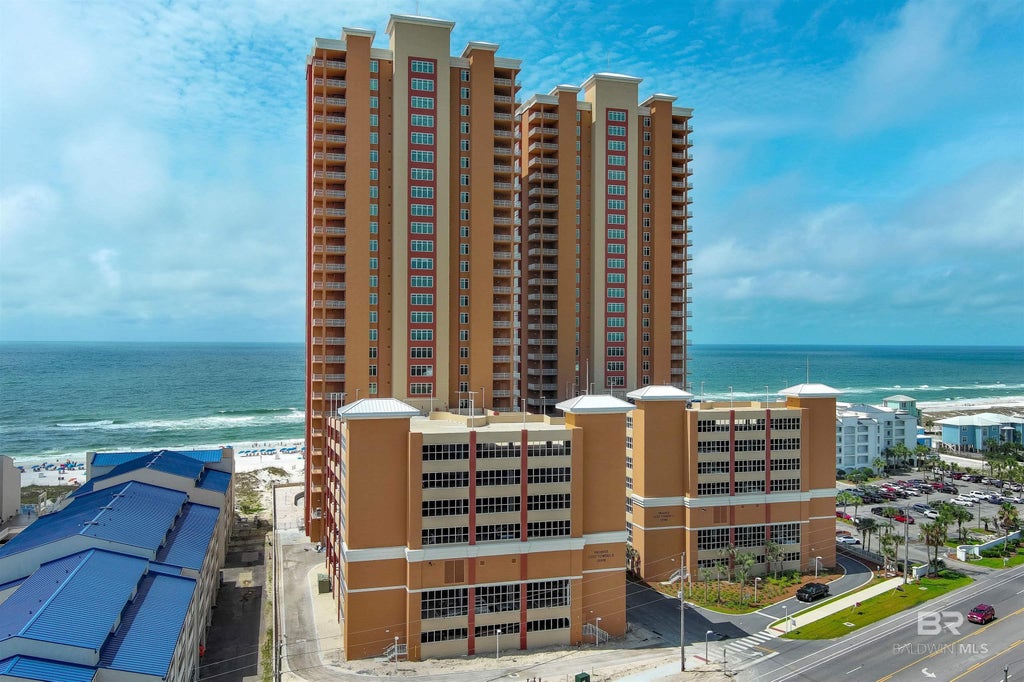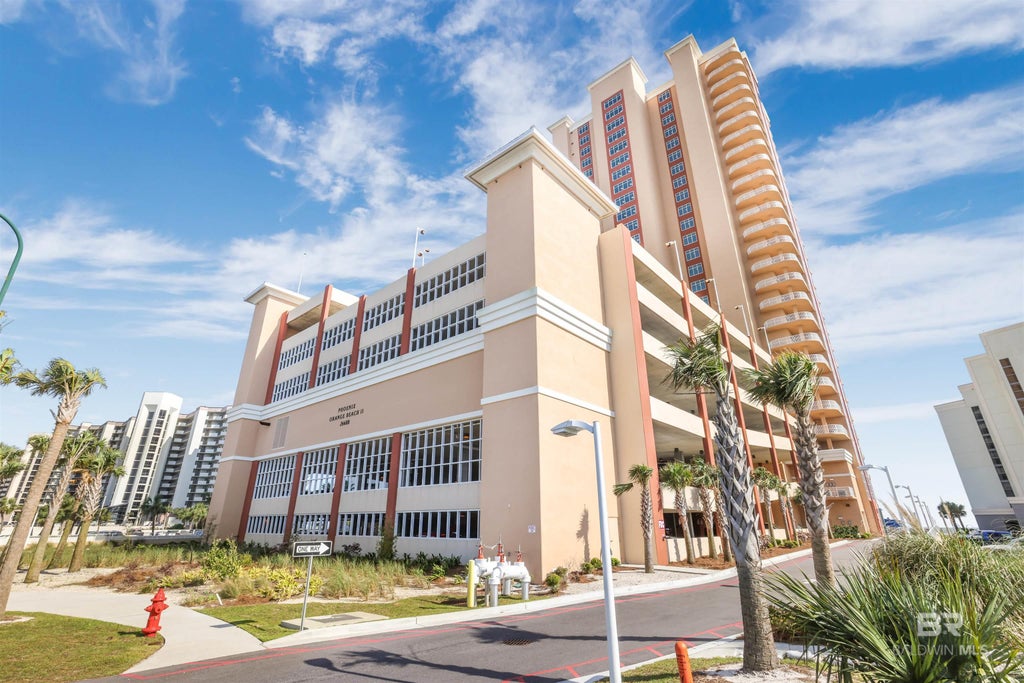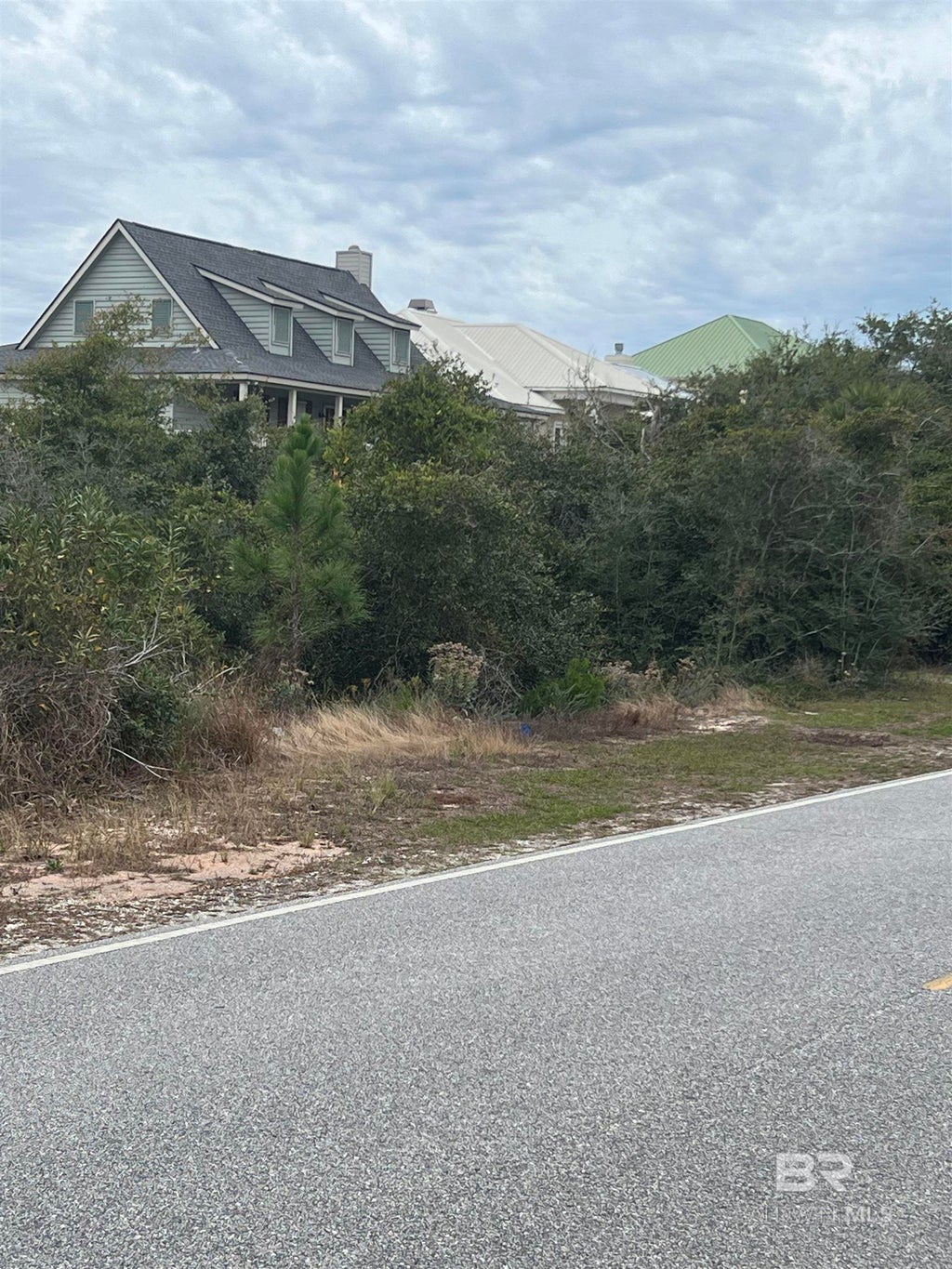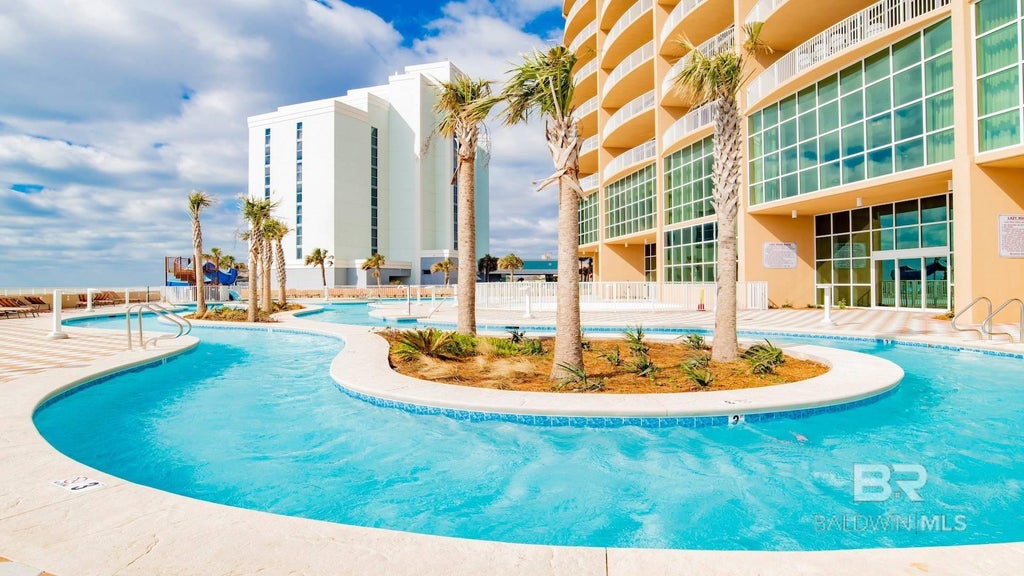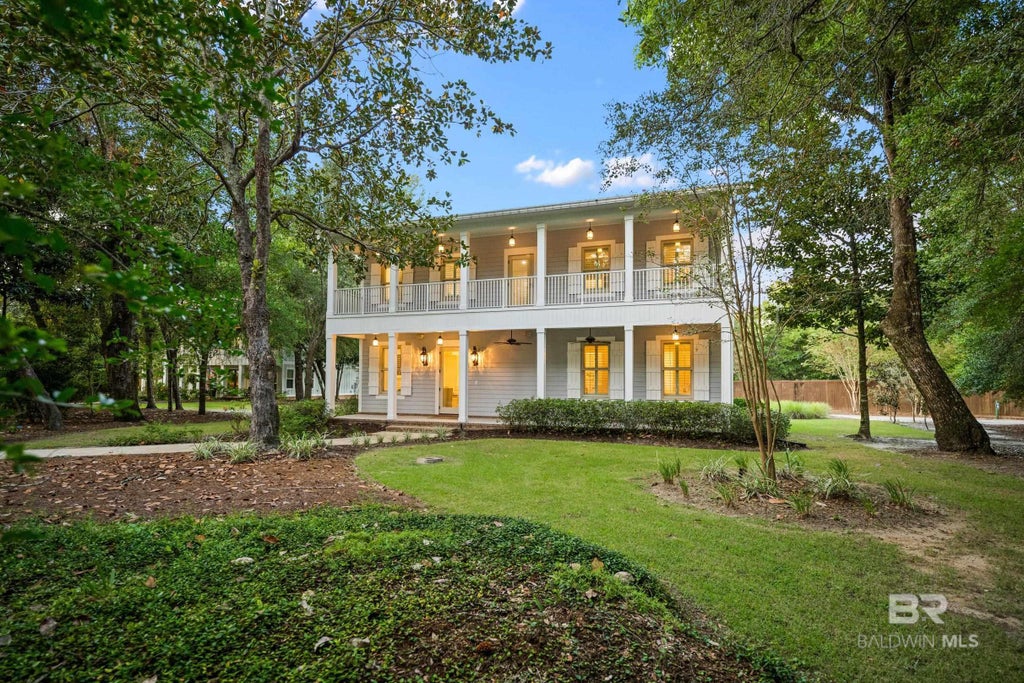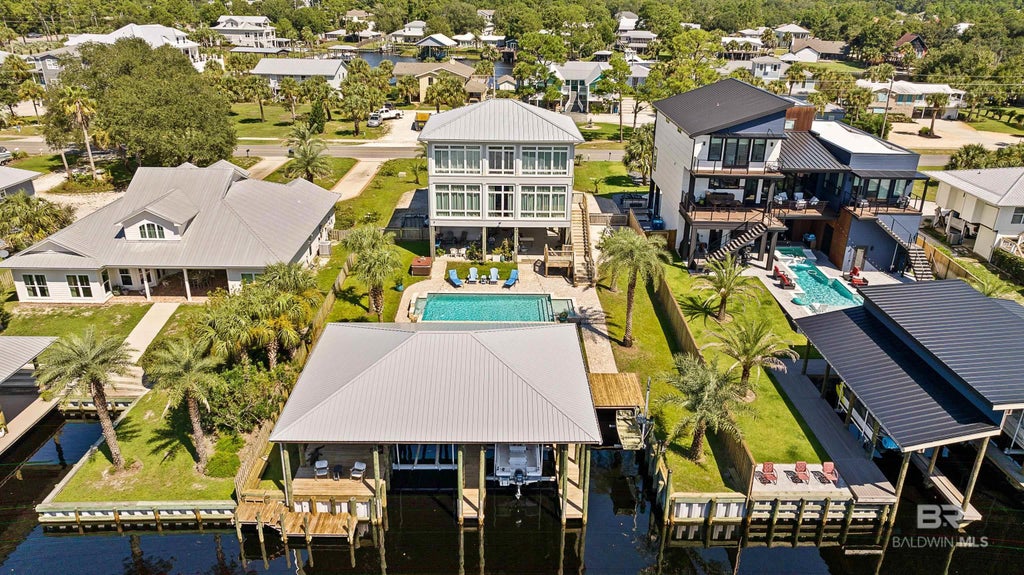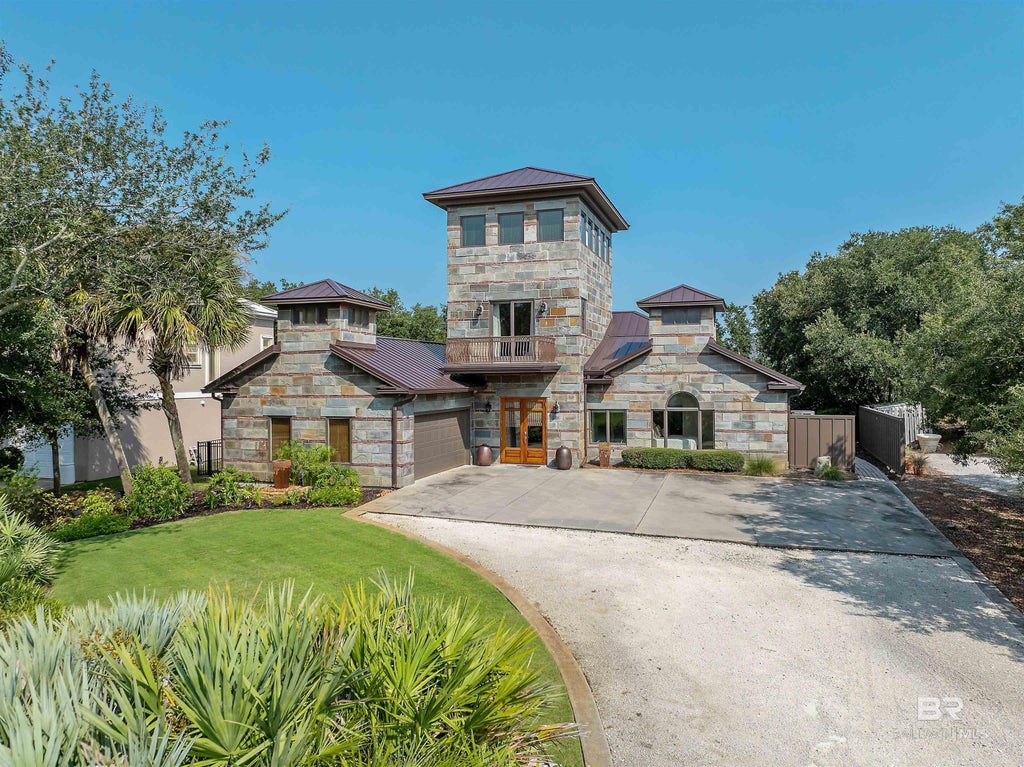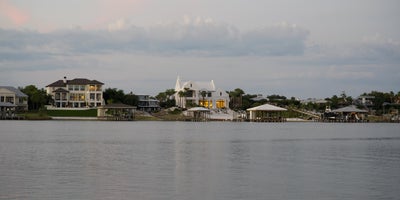Why I Recommend ICF Construction on the Gulf Coast
By Meredith Amon, Licensed in Alabama and Florida
"Guided by Integrity. Backed by Experience. Search the Gulf with Meredith Amon."
As a real estate advisor who specializes in new construction and coastal properties in Orange Beach, Ono Island, Gulf Shores, and surrounding areas, I often get asked, “Is it worth spending more to build with ICF?” My answer—especially here along the Gulf Coast—is a confident yes.
Whether you’re a homeowner, builder, or investor, Insulated Concrete Form (ICF) construction offers advantages that simply can’t be matched by traditional wood-framed homes—especially in our climate and flood-prone region.
What Is ICF Construction?
ICF construction involves stacking rigid foam blocks (think of it as the modern stud) and filling them with steel-reinforced concrete. The result? Walls that are stronger, quieter, more energy-efficient, and incredibly storm-resistant.
I've walked dozens of ICF job sites and stood beside builders who’ve switched to this method after years of stick-built construction. They often tell me, "Once I did one, I never wanted to go back."
Why ICF Works So Well on the Gulf Coast
1. Superior Storm Protection
Hurricane winds, floodwaters, and flying debris are all realities of coastal life. ICF walls can withstand winds of up to 250 mph, making them a top-tier choice in FEMA Flood Zone AE areas like Ono Island. The peace of mind that comes from knowing your home can handle a direct hit is invaluable.
2. Energy Efficiency That Pays Off
An ICF home has an effective R-value of 50 or more, dramatically reducing your cooling and heating costs year-round. With Gulf Coast summers reaching into the 90s, that insulation translates to thousands in savings over the life of the home.
3. Resistance to Termites, Mold, and Rot
Because ICF is made of inorganic materials, there’s no wood for termites to feed on and no moisture-loving materials for mold to grow in. That means lower maintenance and a healthier indoor environment.
4. Insurance Value That’s Sure to Come
While homeowner insurance companies aren’t currently offering widespread policy discounts for ICF homes (as far as I know), I believe that will change. With ICF construction offering reduced exposure to storm damage, fire, and infestation, insurance providers are likely to catch up soon and reflect these benefits in future premium structures.
5. Higher Resale Value
Buyers today are more informed than ever—and many recognize the value of a home that’s stronger, safer, and more efficient. ICF homes often sell faster and for more money, especially when paired with Gold Fortified certification.
ICF Building Guide: What You Need to Know
If you're thinking of building with ICF, here are the 13 essential questions you should ask your builder:
13 Questions to Ask About ICF Installations
-
What types of structures can be built with ICF?
Homes, condos, offices—even 22-story buildings. It's extremely versatile. -
How tall can ICF walls be?
With the right engineer, there’s almost no limit. Two- and three-story homes are common. -
What type of concrete mix is used?
Typically 3,000–4,000 psi for strength and flowability. Your supplier can fine-tune the mix for local conditions. -
How much bracing is required?
Bracing is usually installed every 6 feet. Taller walls may need more. -
Do the walls need to be vibrated?
Yes. Pencil vibrators help eliminate voids and create solid, continuous walls. -
How are door and window openings handled?
Openings are framed with wood or EPS bucks and braced during the pour. -
How is electrical and plumbing run?
Channels are routed into the foam after the pour. Many electricians prefer this over drilling through studs. -
Do I need drywall fasteners or glue?
No. Sheetrock screws go straight into embedded strips. It's just like framing—only stronger. -
Is waterproofing required?
Yes, especially for basements. Use peel-and-stick membranes or spray-on solutions. -
Can ICF be used above grade?
Absolutely. In fact, most of the Gulf Coast applications I recommend are full-height ICF above grade. -
Do I need vapor or air barriers?
ICF walls act as a natural air and vapor barrier. In most cases, no additional layers are needed. -
How is siding or stucco attached?
Directly to furring strips embedded in the ICF block. It’s a clean, simple process. -
Is training available for builders and crews?
Yes. Fox Blocks and other suppliers offer on-site training, online courses, and regional classes for builders, engineers, and installers.
What Homeowners Are Saying
“The house feels—quiet, solid, and insulated from the world outside. We sleep better knowing it’s built to withstand anything the Gulf throws at it.”
Upfront Investment, Long-Term Return
Yes, ICF can cost more upfront—roughly $33 per square foot of wall. But the real value shows up over time:
| Benefit | Long-Term Savings |
|---|---|
| Lower Energy Bills | Reduced HVAC usage year-round |
| Minimal Maintenance | No rot, termites, or structural warping |
| Storm Durability | Reduced risk of catastrophic damage |
| Higher Resale Value | Premium buyers will pay more for security |
When you add up those factors, the return on investment becomes clear.
![]()
Ready to Build Smarter?
If you're considering building a home on the Gulf Coast, I’d love to show you how ICF construction can give you more for your money—better insulation, better strength, better peace of mind, and better resale when the time comes.
Reach out and let’s talk about finding the perfect lot or builder. I’m currently working with some of the top ICF teams in the region and can help connect you with the right resources.
Visit www.searchthegulf.com to browse new construction listings and learn more about building smarter on the coast.
#searchthegulf #meredithamon #becausewelivehere
SEARCH ORANGE BEACH REAL ESTATE LISTINGS FOR SALE
- All Listings

.gif)
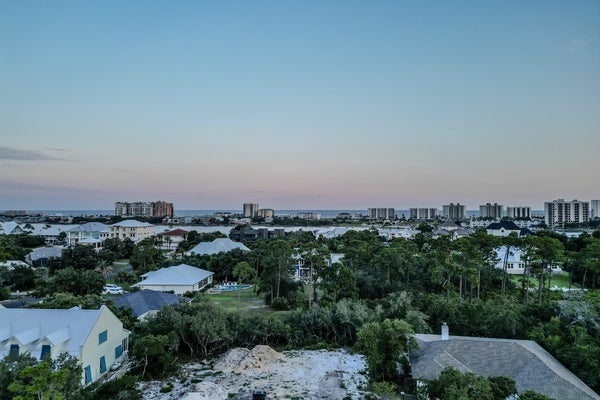
Boater’s Field Manual to Ono Island Canals — Bayou St. John Access, Depths & Dock Design
THE BOATER’S FIELD MANUAL TO ONO ISLAND’S SIX CANALS
How boats actually reach these canals
If your dock is on the north side of Ono Island, your boat lives on water that empties directly into Bayou St. John. From there you run east or west—Perdido Pass, Terry Cove, Cotton Bayou, and the Perdido…


Ask A Question or Sign Up To See New Real Estate Listings Before Your Competition
When it comes to finding the home of your dreams in a fast-paced market, knowing about new listings as soon as they are available is part of our competitive advantage.Sign up to see new listings in an area or specific community. Contact Meredith with any questions you may have.


